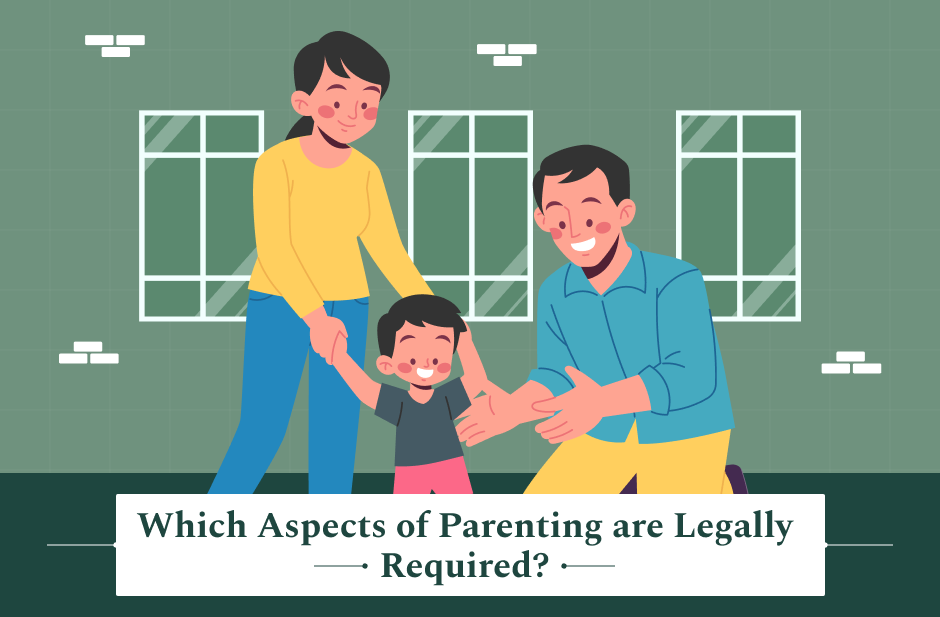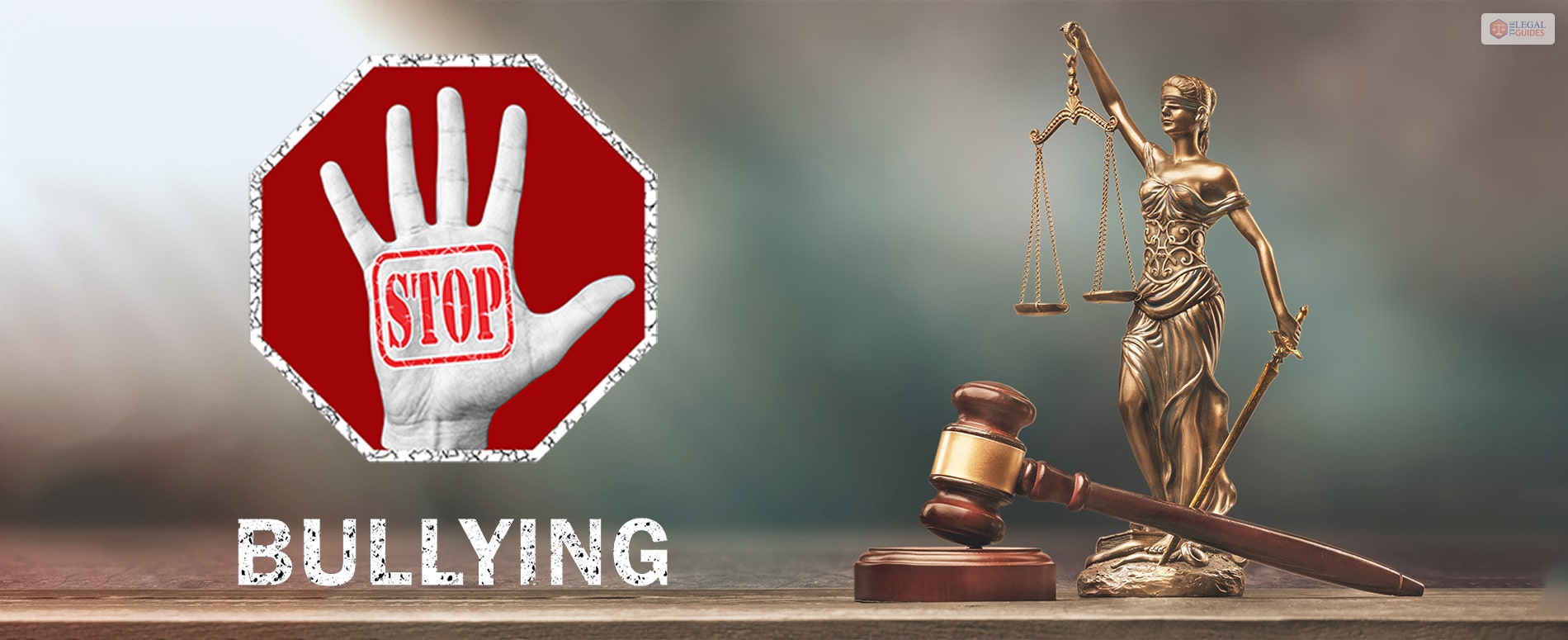Which aspects of parenting are legally required?
- Creating open and honest communication.
- Making plans as part of a parenting team.
- Setting appropriate limits and boundaries.
- Providing food, shelter, and other daily needs.
If your answer is (d), then you are absolutely right. Ensuring that you are able to provide for your child as a parent is one of the most important things that you can do. And, needless to say, it truly is a legal requirement.
But is that all? Or are there other legal duties that come with parenting?
If these are some of the things that you want to know, then you have come to the right place! So, keep on reading till the end…
Answering “Which Aspects of Parenting are Legally Required?”

Parenting isn’t just a feeling — it’s also a legal duty. That means when you bring a child into the world (or adopt one), the law says you must do certain things. These aren’t suggestions; they are rules that every parent must follow.
Here are the main legally required aspects of parenting:
- Provide basic needs: You must give your child food, clean clothes, and a safe place to live.
- Medical care: You have to make sure your child sees a doctor when needed and gets proper treatment.
- Education: You must make sure your child goes to school or receives proper homeschooling.
- Safety and protection: You cannot harm your child or let others hurt them. You must keep them safe from danger.
- Supervision and guidance: You must watch over your child and guide them until they’re old enough to care for themselves.
If parents do not meet these legal responsibilities, they can face serious consequences. The government can step in and even take the child away if the child is in danger or being neglected.
So, being a parent means more than love — it means making sure your child is taken care of in all the ways the law requires.
What are Parental Responsibilities?
Parental responsibilities are the legal things you must do for your child. In simple words, it’s the job the law gives you as a parent.
Here’s a breakdown of what this includes:
- Physical care: You must make sure your child is clean, well-fed, and cared for. That includes bathing them when they’re small and making sure they have warm clothes in the winter.
- Health care: Parents must take their children to the doctor, dentist, or hospital when needed. Refusing medical care can be seen as neglect.
- School and learning: Children must go to school from a certain age (varies by country or state). Parents are responsible for enrolling their children and making sure they attend.
- Emotional support: While this isn’t always enforced by law, courts look at whether a parent is offering a stable, loving environment. Ignoring or emotionally abusing a child can have legal consequences.
- Protection from harm: If someone is hurting your child — whether physically or emotionally — and you do nothing, you could be held responsible. Parents must act to protect their children.
In most places, both mothers and fathers share these responsibilities equally. Even if you are divorced or separated, both parents usually have legal duties unless a court decides otherwise.
How Long Do Parents Have Legal Responsibility Towards Their Children?
Parents don’t have to take care of their kids forever — but they do have to do so until the law says the child is an adult. In most places, that’s 18 years old. However, there are some exceptions:
- If the child is still in high school, the duty may last until graduation.
- If the child has special needs, legal responsibility can last longer.
- In case of divorce, courts may decide who is responsible for what until the child is grown.
Also, some responsibilities — like paying child support — can continue even if the parent doesn’t live with the child or see them regularly.
So, parenting is a long-term responsibility, and the law expects parents to stick with it until the child can stand on their own.
What are Parental Rights?
Just like there are parental responsibilities, there are also parental rights. These are the powers or permissions that the law gives you as a parent. For example:
1. Right to make decisions: You can decide things like what school your child attends or which religion they follow.
2. Right to live with your child: In most cases, parents have the right to have their children live with them.
3. Right to access records: You can see your child’s school and medical records.
4. Right to discipline: You can discipline your child in a fair and non-harmful way.
However, these rights are not unlimited. If you don’t meet your responsibilities, the court can take away some or all of your rights.
For instance, if a parent is abusive or neglectful, they might lose custody or even face criminal charges. Rights come with responsibility — and the law always focuses on what’s best for the child.
Your Legal Guide: Who Can Help You With Parental Duties Legally?
If parenting feels overwhelming — especially the legal part — you’re not alone. There are people and places that can help you understand what’s expected of you and how to meet those standards.
You can reach out to:
- Family law attorneys: These are lawyers who specialize in things like child custody, parental rights, and child protection. They can help explain what your legal duties are and support you through any court processes.
- Child welfare services: If you’re struggling with money, housing, or parenting challenges, these services can offer help before things get worse. They can also provide guidance on accessing financial aid, including child tax credit eligibility, as well as many other government-led incentives.
- Parenting classes: Some communities offer free or low-cost classes that teach parenting skills in a helpful and respectful way.
- Mediation services: If you and your co-parent disagree on how to raise your child, mediators can help you find a fair plan without going to court.
Remember, asking for help is not a weakness — it’s a smart step to make sure your child is getting everything they need legally and emotionally.
Parenting is a journey. With love, support, and the right information, you can do a great job — both in your heart and in the eyes of the law.
Read Also:
















